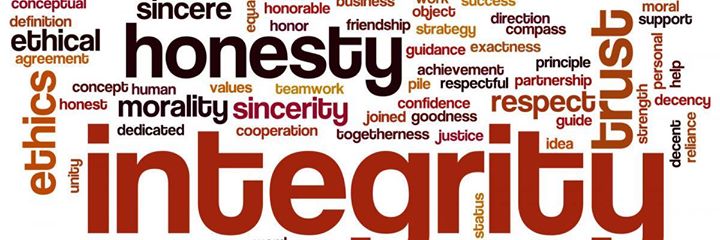Three Versions
1) A Summary from Britain
From the “Quakers in Britain” website:
How we act as Quakers goes together with what we believe. We don’t have a fixed creed because we have found that the search for truth can lead us to new expressions of values as well as confirming existing ones. We call these values ‘testimonies’. Today we focus on equality, peace, truth, justice and simplicity, and how they relate to one another. Our testimonies encourage us to work for a more just, peaceful and sustainable world. It’s not always easy to live this way, but as Quakers we try to encourage each other to keep trying.
Equality and justice
Quakers believe everyone is equal. This inspires us to try to change the systems that cause injustice and that stop us being genuine communities. It also means working with people who suffer injustice, such as prisoners of conscience and asylum seekers. We were campaigning for independent juries in the 17th-century, for marriage equality in the 21st, and for a range of things in between.
Peace
Quakers are perhaps best known for our peace testimony. It comes from our belief that love is at the centre of existence and that all human life is of equal worth. It has led Quakers to refuse military service and work creatively for peace. This has ranged from practical work in areas affected by violent conflict to developing alternatives to violence at all levels. This could be personal or international.
Truth and integrity
Quakers try to live according to the deepest truth we know, and we connect most deeply to this in the stillness of worship. This means speaking the truth at all times, including to people in positions of power. As we are guided by integrity, so we expect to see it in public life.
Simplicity and sustainability
Quakers are concerned about excess and waste in our society. We want to make sure our use of natural resources is sustainable. We try to live simply and to find space for the things that really matter: the people around us, the natural world, and our experience of stillness.
2) “Quaker Spices”: a mnemonic version
American Friends have recently popularized a mnemonic version Quaker values, known as the “Quaker Spices”. Here is a simple version, modified from wording developed by the Connecticut Friends School, these are:
 |
Simplicity:Live simply. Use financial and natural resources carefully. Value Spirit over material objects. Live in the Spirit. Peace:Seek solutions to problems or disagreements. Make decisions together rather than imposing them on others. Reach out to others to seek connection. Learn and use conflict resolution skills. Integrity:Let your life speak: your outer life reflects your inner life. Treat others with respect and honesty. Tell the truth. Community:Build authentic community and interpersonal relationships. Respect one another. Find connection with those who are not like yourself. Learn to live peacefully with everyone. Equality:Respect differences. Each person has a share of the Light. Everyone deserves to share in the bounty of life. Each of us deserves to be treated justly and well. Stewardship:Protect and care for the earth. Promote environmental, economic, and social sustainability. Take responsibility for the well-being of all. |
3) A Warning about Creeds
The trouble with such lists of values is that they can easily become creeds. This elevates them to things that we pursue for themselves, not for their origin in our relationship with God/Spirit/Light/Divine Presence, or whatever partial image we use to describe that which draws us, elevates us, and leads us toward right living. Put otherwise, they can become icons. Here is how Paul Buckley put at the end of his 2012 address to South Central Yearly Meeting:
“There is a story, I think it is Buddhist, about a monk who points at the moon and says that you won’t see the moon if you look at the finger. SPICES is a finger. What they point to is faithfulness. SPICES is fine for teaching kids in First Day School or as a way to caricature Quaker social action when talking to non-Quakers.
“Here is the Quaker testimony: God speaks to us all and if we each listen, we can hear what we are being called to do. Every one of us has leadings, some big and some small. We just need to listen carefully, discern as well as we can what that still, small voice is saying in our hearts, test what we think we are hearing with our faith community, and act faithfully.
“We need to give up control of our lives. We need to trust God to guide us. We need to be faithful. If we do that, we won’t need SPICES.”

